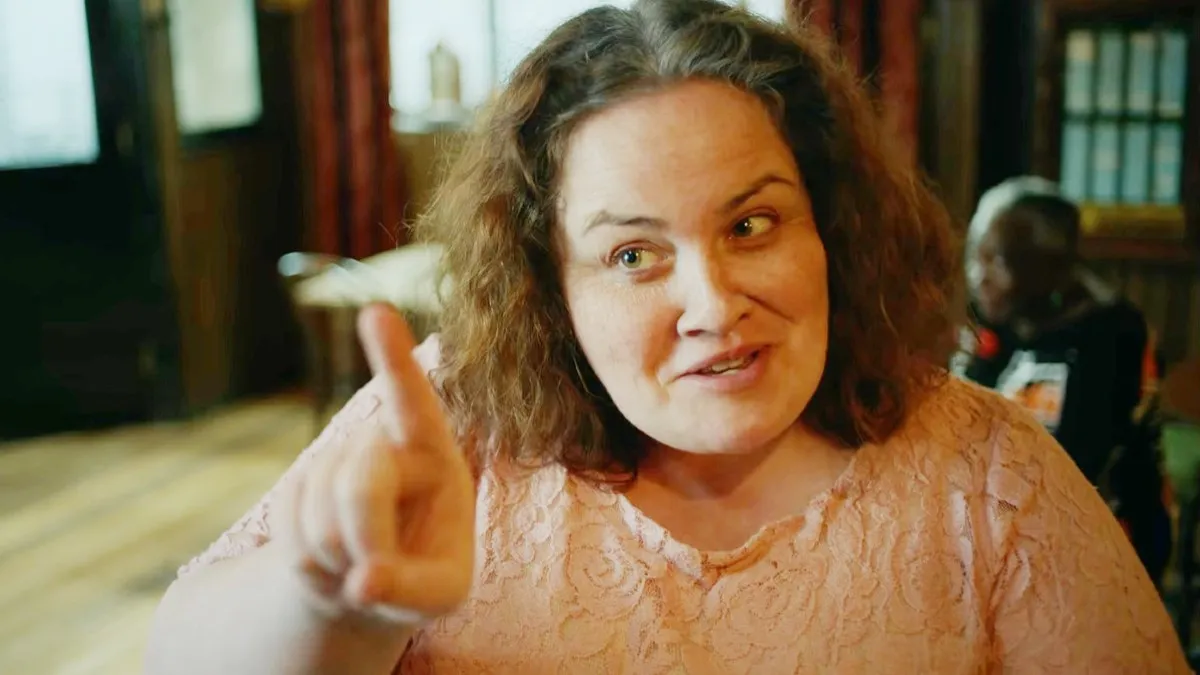Netflix must keep burning money with their Baby Reindeer lawsuit, as a judge just ruled in favor of the real-life Martha.
Created by and starring Richard Gadd, Baby Reindeer tells the story of a struggling comedian who becomes the target of an obsessive stalker. The series, which Netflix labeled as a “true story,” is based on Gadd’s real-life experiences. However, the woman who claims to be the inspiration for the character of Martha, Fiona Harvey, has taken issue with how she was portrayed in the show.
Harvey filed a $170 million lawsuit against Netflix, alleging that the series falsely depicted her as a convicted criminal who had sexually assaulted Gadd and spent time in prison for stalking. In reality, while Gadd did report Harvey to the police, she was never criminally prosecuted or incarcerated. That’s why the show, which garnered widespread praise and won four Emmy Awards, is now making the headlines for the defamation lawsuit instead of its storytelling quality.
To claim her multi-millionaire compensation, Harvey needs to face Netflix and its army of expensive lawyers. So, of course, her odds are not great. Yet, the case just took a drastic turn in favor of Harvey.
What does the recent ruling in favor of Fiona Harvey mean?
On Friday, Sept. 27, US District Judge Gary Klausner denied Netflix’s motion to dismiss the lawsuit. The judge’s decision hinged on hinged on several key points that undermined Netflix’s defense.
First and foremost, Judge Klausner highlighted the problematic nature of Netflix’s use of the phrase “This is a true story” at the beginning of each episode. Given that some elements of the show were fictionalized, this label was deemed potentially misleading to viewers. The judge also found that a reasonable person could identify Harvey as the inspiration for the character Martha despite the use of fictional names.
Furthermore, the court rejected Netflix’s argument that the portrayal was “substantially true,” noting significant differences between Harvey’s alleged actions and those depicted in the show. “There is a major difference between stalking and being convicted of stalking in a court of law,” Judge Klausner wrote in his ruling.
Harvey’s lawsuit against Netflix is far from over, with a trial date set for May 6, 2025. However, by eroding Netflix’s “substantially true” claim, the ruling gives Harvey an obvious advantage. Besides, Harvey’s victory could lead other people to take their discontentment to court — brothers Lyle and Erik Menendez were unhappy about their depiction in Monsters. At the very least, Netflix is being forced to reconsider how they market and present true-crime productions to avoid potential defamation claims.
